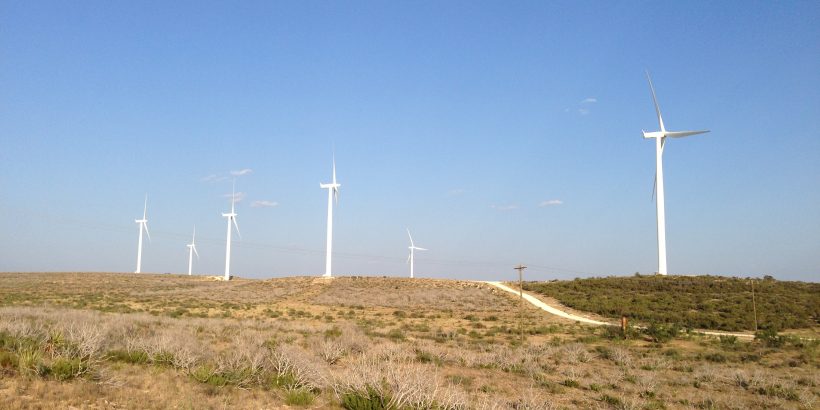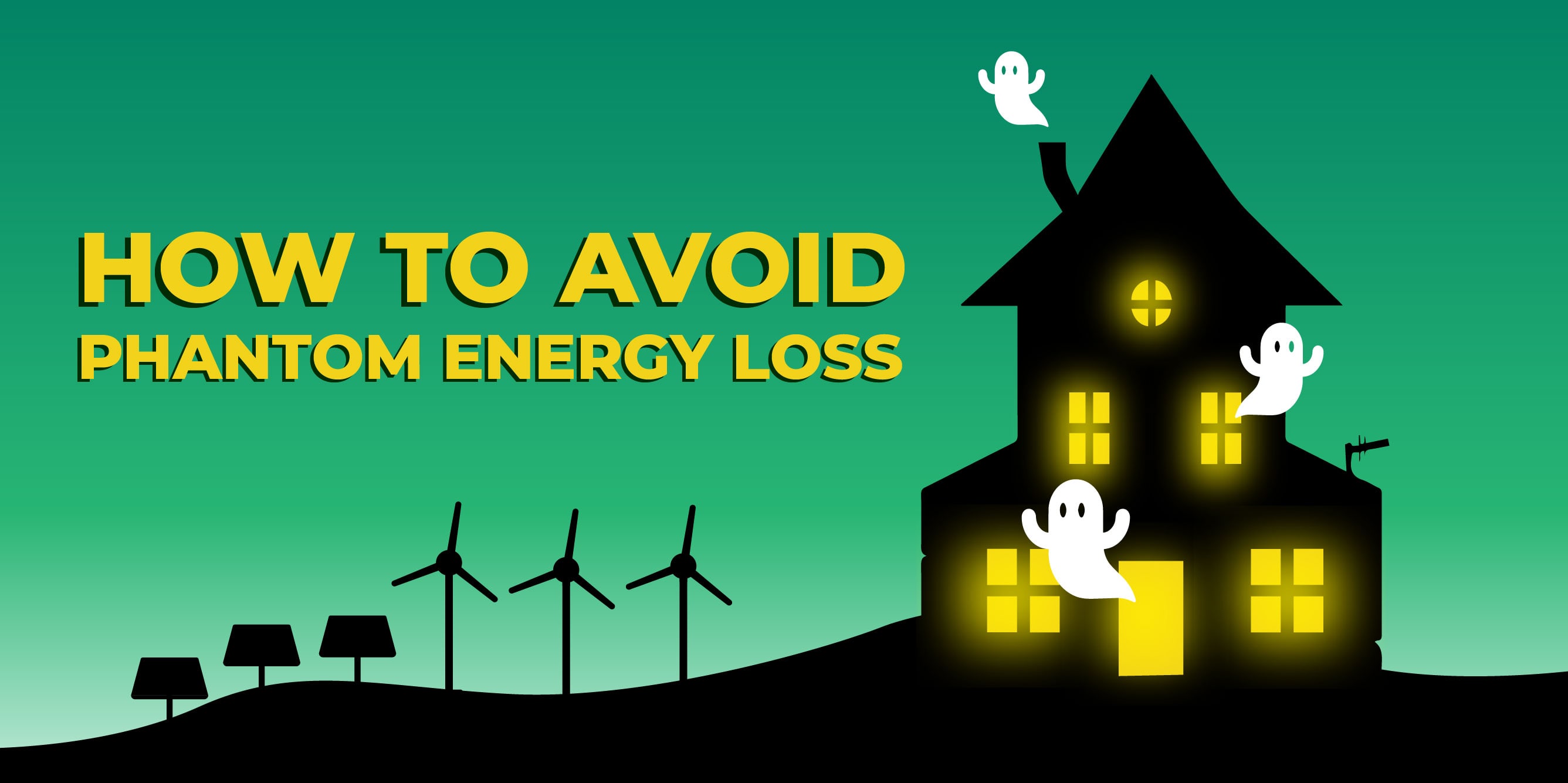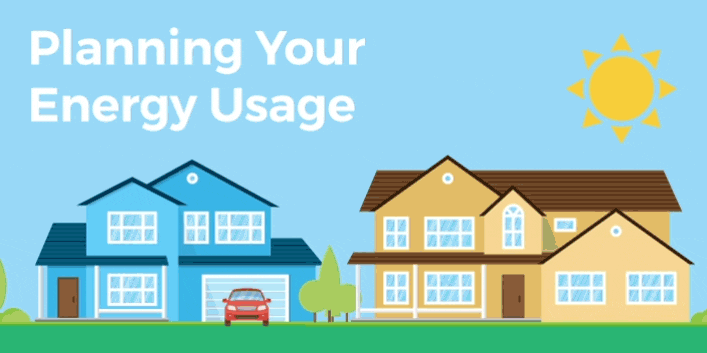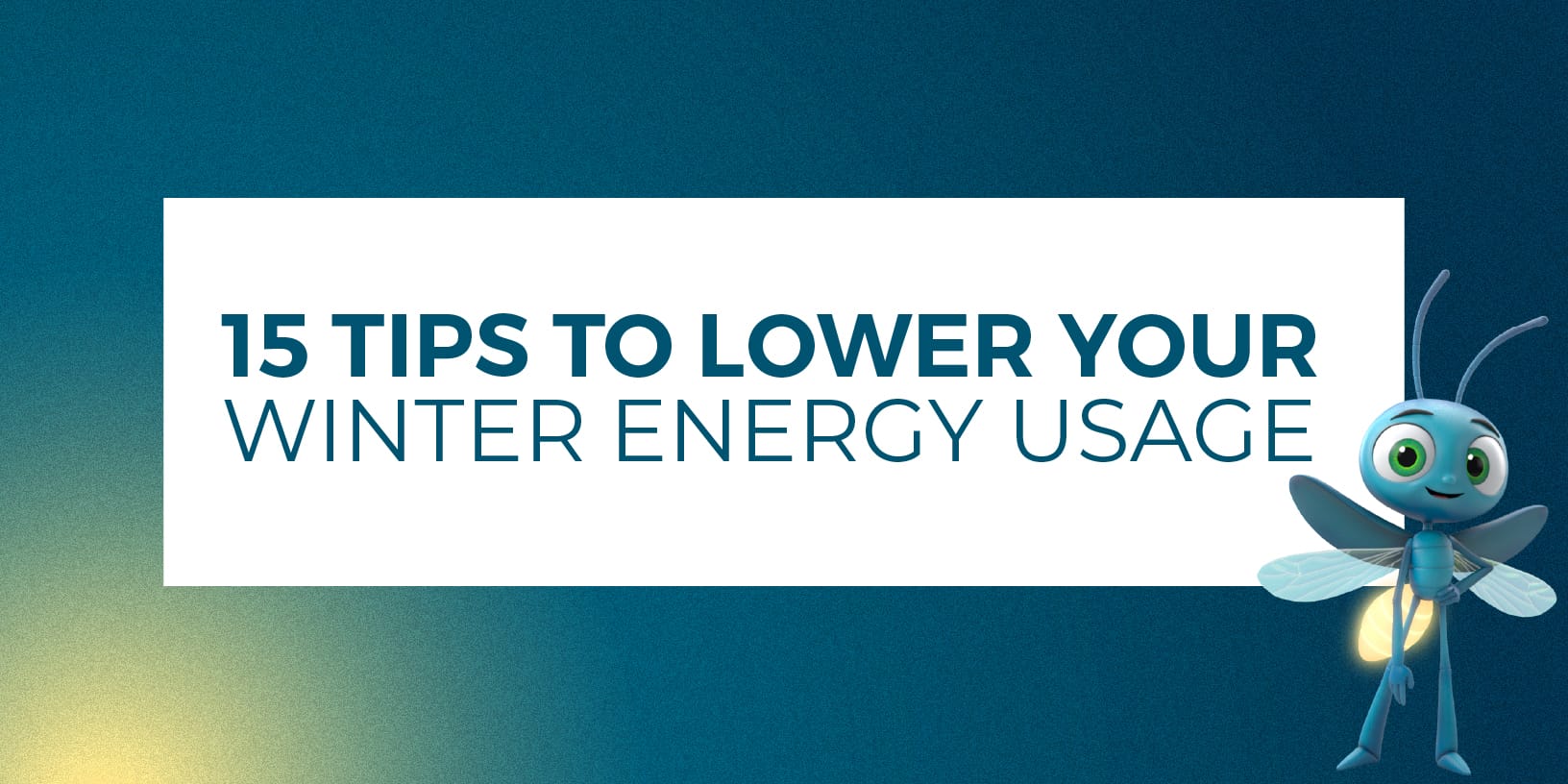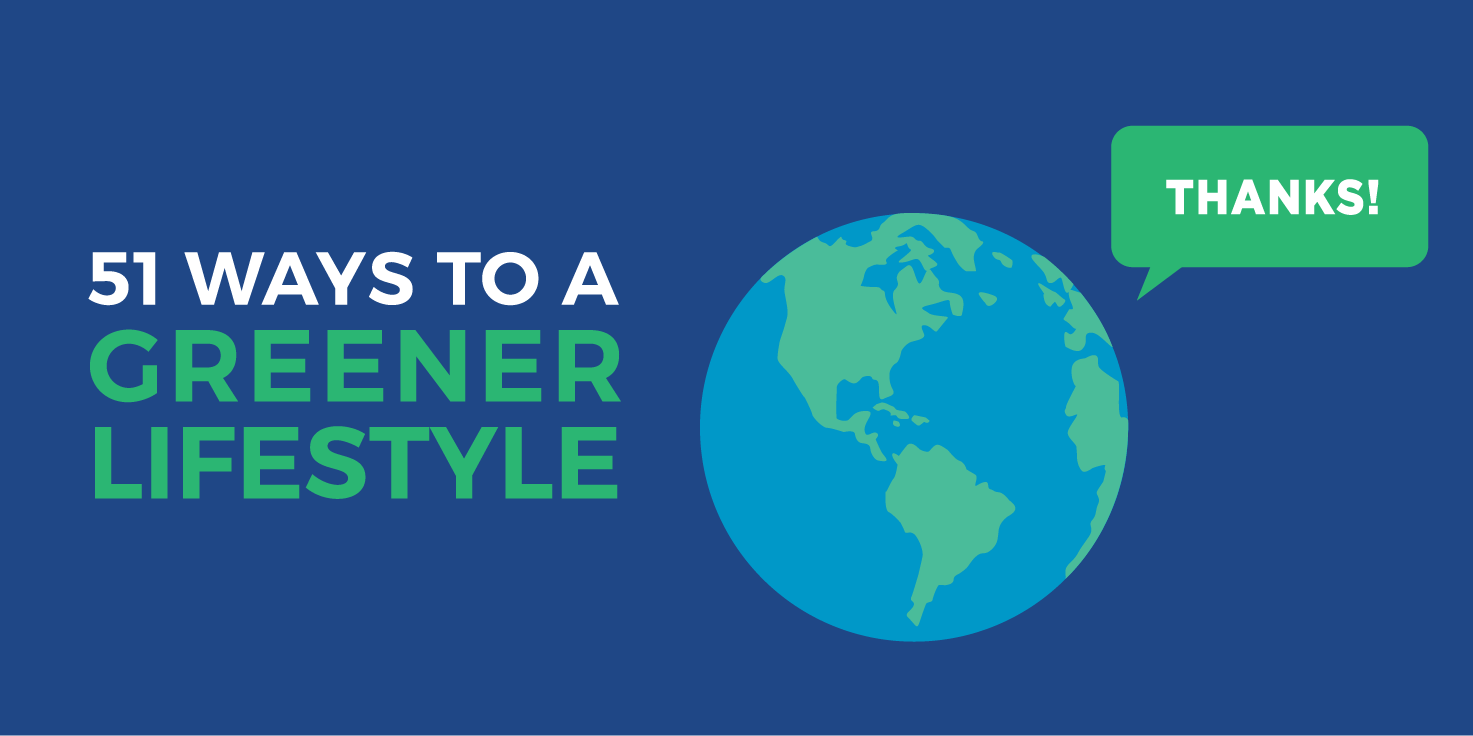Green Mountain Energy® Blog
What Carbon Offsets Do



So, now you know what carbon offsets are and how they compensate for your personal carbon footprint. You know that you can buy carbon offsets to offset emissions from air travel, car miles, food consumption and more. But what sort of work do carbon offsets represent? And how can you be sure that the offsets you’re buying are actually doing the job of keeping greenhouse gases out of the air?
First, a quick recap: Carbon offsets are produced by programs around the world that work to capture or prevent greenhouse gases from entering the atmosphere. These projects take a measurement of their carbon reduction impact and certify that impact in metric tons of CO2 captured or prevented. Carbon offset programs take many forms, from reforestation efforts and agricultural soil management to industrial pollutant destruction and
the advancement of energy efficiency technologies.
Today, we want to focus on a project we support that’s making a big difference in its community: the Gaston County Landfill Gas-to-Energy Project in Gaston County, North Carolina.
The Gaston County Landfill is your typical, everyday municipal waste facility serving several communities just west of Charlotte, NC. However, there’s one major difference: Instead of letting the solid waste sit around taking up room and releasing harmful methane and landfill gases into the atmosphere, the facility has built the infrastructure to combust the waste and capture these greenhouse gases to generate renewable, biomass-sourced electricity for the area. At its peak, the Gaston County Landfill produces enough biomass energy to power the equivalent of more than 1 in 4 homes in the area!
On top of its biomass energy production, the Gaston County Landfill’s power generation facility also boasts a solar panel system on its roof to supplement its own electricity needs, so it can pass as much renewable biomass energy on to the community as possible.
With this carbon capture and power generation infrastructure in place, the Gaston County Landfill prevents and reduces a significant amount of greenhouse gas emissions every year. As a result, the facility can take an accurate measurement of its carbon reduction efforts and certify those measurements as carbon offsets, which it can sell to help fund and maintain more carbon reduction work.
Pretty amazing, isn’t it?
As a carbon-neutral energy retailer, it’s important for us to source our offsets from high-quality projects like the Gaston County Landfill Gas-to-Energy Project. That’s why we go the extra mile to ensure our offsets undergo annual third-party audits from the Green-e Climate certification program.
The Green-e Climate certification program is the trusted global leader in retail carbon offset certification. Being Green-e certified means that our carbon offsets meet the environmental and consumer-protection standards set forth by the nonprofit Center for Resource Solutions.
Standards like Green-e ensure that our carbon offsets are genuine, permanent and verified, so you can feel certain that your purchase is leading to a positive change for our planet.
To learn more about Green-e Climate certification, visit green-e.org/climate.
Find a renewable energy plan that helps your home go green.
Enter your ZIP code to get started.
Our customers have avoided
pounds of CO2
That’s like planting
new trees.
